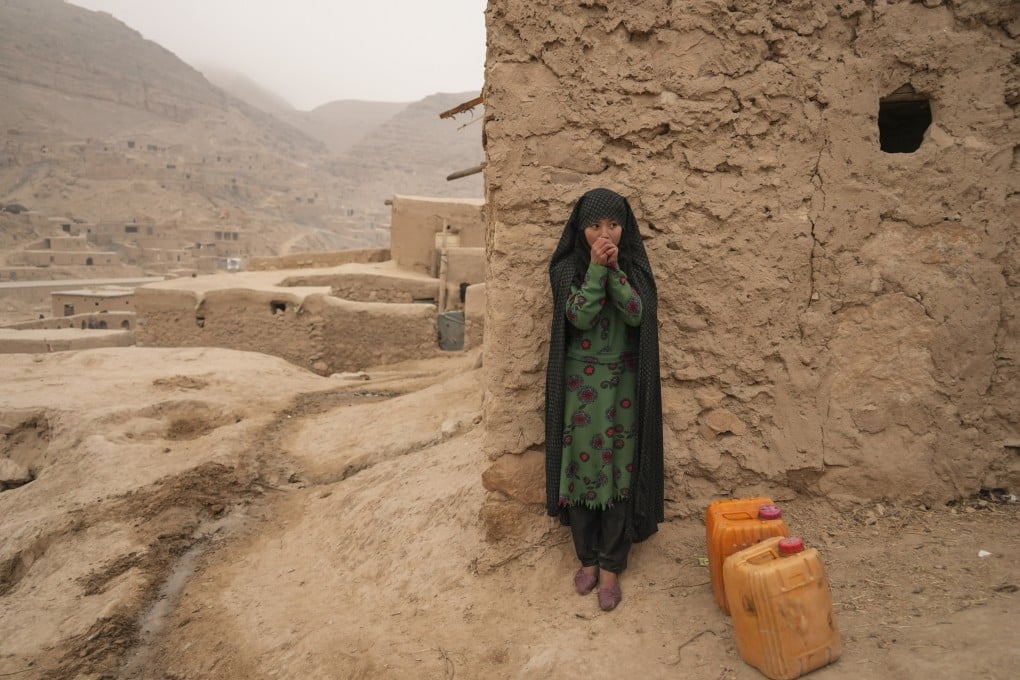Advertisement
Opinion | Swiss court challenge makes clear climate change is a women’s issue
- Women experience the greatest impacts of climate change, and these impacts exacerbate pre-existing gender inequalities which threaten their lives and health
- Despite their unique experiences and being at the forefront of climate action movements, women continue to be absent from climate decision-making processes
Reading Time:3 minutes
Why you can trust SCMP

In a landmark legal hearing on March 29, a group of Swiss women argued before the European Court of Human Rights that their government’s failure to sufficiently reduce the country’s greenhouse gas emissions had violated their human rights.
Advertisement
Presenting their medical records as evidence, the applicants – all of whom are 63 or older – claimed that frequent heatwaves, which are becoming harsher and more intense because of climate change, are interfering with their health and quality of life.
While the Swiss government does not deny climate change can affect health, it holds the opinion that it cannot be specifically tied to the older women’s health. However, there is recent research that suggests the opposite and supports the argument that climate change-induced heatwaves are harming at-risk populations, including older women.
It is therefore important to understand that the issue of climate change is not “gender neutral” and is increasingly becoming a significant global feminist cause.
In the past decade, women and girls across the world have often been described as bearing the brunt of looming disasters that climate change brings to their communities. Women experience the greatest impacts of climate change, and these impacts exacerbate pre-existing gender inequalities – which exist in both the developed and developing world – and pose unique threats to their livelihoods, health and safety.
Advertisement
If not dealt with in time, author Fatima Bhutto writes that “crisis will affect women more than everything else in the world – more than abortion rollbacks, more than oppressive governments, more than lower pay grades.”

Advertisement
